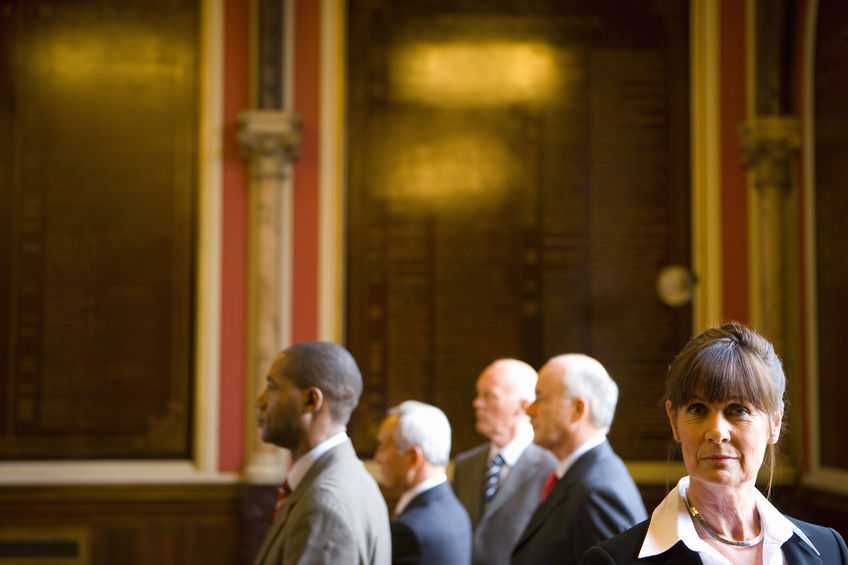
by Lynn Lipinski | Feb 20, 2019 | Flash Fiction Friday
“Nanga Parbat. It’s one of the tallest mountains in the world at 26,000 feet,” Brooks said, his voice rising in pitch and in speed as he told me about the book on the Himalayas he was reading. “But it’s the sherpas that really get me....

by Lynn Lipinski | Jul 17, 2015 | Flash Fiction Friday
You can read Part 1 here. The bus carrying the VIP entourage of commissioners was king of the parking lot, tall enough to let its passengers look down their noses at lowly cars and trucks driving alongside. It pulled up outside the power plant with a low rumble...

by Lynn Lipinski | Jul 10, 2015 | Flash Fiction Friday, Writing
The first time it happened she was at the laundromat. Then there was another occasion, a few weeks later, while pushing her cart at the supermarket. Initially it was terrifying, but now it happened nearly every day and Robin was starting to like it. It was certainly...

by Lynn Lipinski | Apr 17, 2015 | Flash Fiction Friday
[Editor’s note: you can read part 1 here.] Feeling some trepidation at following a stranger to an unknown location, Neil trailed behind Linus, his guitar case banging against his thigh. The other man carried Neil’s mini-amp in one hand, the extension cord...

by Lynn Lipinski | Mar 13, 2015 | Flash Fiction Friday
Neil crunched through the chords of AC/DC’s “Thunderstruck” on the corner of Hill Street and Main in Santa Monica, the mini-amplifier stealing power from the corporate coffee seller without gaining the attention of its many baristas. If the caffeine junkies sitting...






